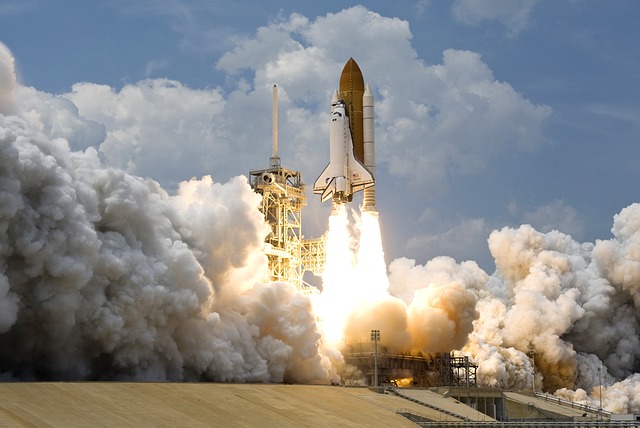A recent study determined the health benefits of exercise in space in relieving post-flight orthostatic intolerance for astronauts when they return to earth.
Orthostatic hypotension is a form of low blood pressure that happens when an individual stands up from sitting or lying down. It can make a person feels dizzy or lightheaded, and maybe even faint. Orthostatic intolerance has been recognized as one of the medical challenges in astronauts after return from space, due to the problems of cardiovascular deconditioning.
Coinciding with the Apollo 11 moon landing’s 50th anniversary, a group of scientists led by The University of Texas Southwestern Medical Center, discovered a way that may help to prevent astronauts from fainting after landing back on earth. This study was funded by NASA, and the researchers recently published their results in the American Heart Association’s journal Circulation.
The study included 12 astronauts who spent about six months in space. All of them are required to perform individualized endurance and resistance exercise training for up to two hours daily during space flight. Their blood pressure and heartbeat were recorded 24/7 before, during, and after six months of spaceflight. They also received a saline infusion upon landing.
The research team found that one hour or more of daily exercise was sufficient to prevent cardiovascular, bone, and muscle deconditioning. When it was combined with IV fluids on their return, the condition of orthostatic hypotension was prevented entirely.
This heart-related space research helps us to understand the problem of low blood pressure for astronauts. The research team is planning to study larger numbers of astronauts and those who spend longer than six months in space, in order to confirm their findings.
Written by Man-tik Choy, Ph.D
Reference: Fu et al. Impact of Prolonged Spaceflight on Orthostatic Tolerance During Ambulation, and Blood Pressure Profiles in Astronauts. Circulation, 2019, Article in Press. DOI: 10.1161/CIRCULATIONAHA.119.041050.
Image by WikiImages from Pixabay



